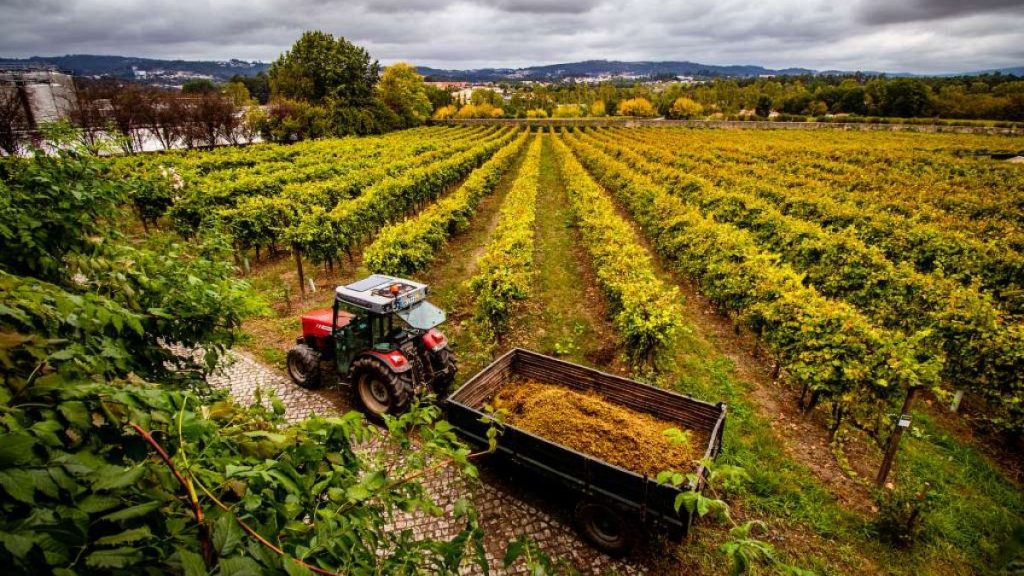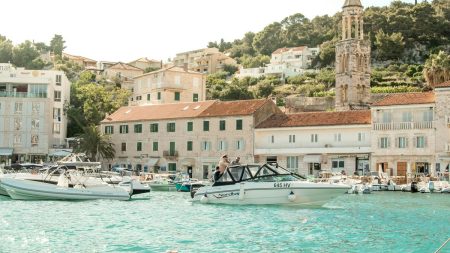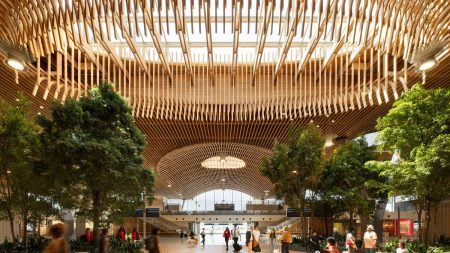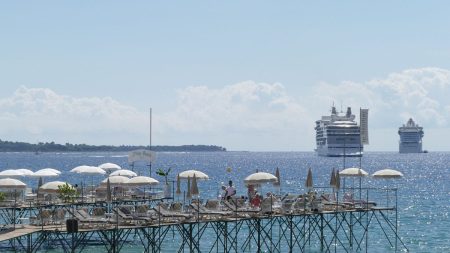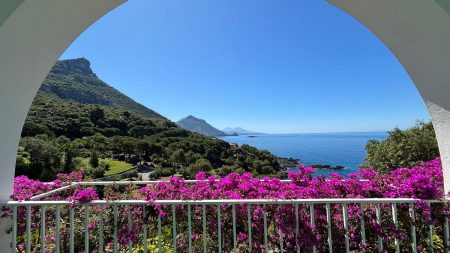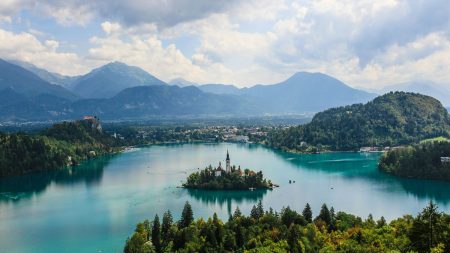Lisbon has emerged as a popular destination, attracting millions of tourists and showcasing a vibrant culture and history. However, this influx has led to significant challenges for local residents, including skyrocketing housing prices and overwhelming public transport systems. As international and domestic travel to Portugal reached new heights in August 2024, with record numbers of overnight stays and visitors, locals are increasingly struggling to find affordable living conditions. The city’s iconic neighborhoods, like Alfama and Baixa, have become nearly impassable at peak times, prompting officials to take notice and seek solutions. A prominent response from Portugal’s government involves promoting alternative tourist destinations beyond Lisbon, encouraging visitors to explore lesser-known regions.
In light of the pressures caused by overtourism, the government’s strategy aims to balance visitor numbers across the country. Secretary of State for Tourism Pedro Machado emphasizes a re-imagined tourism model that moves travelers from congested urban centers to quieter regions like North Central Portugal and the Douro Valley. This not only alleviates the strain on cities but also ensures a positive experience for tourists. In 2023, Portugal’s tourism revenue skyrocketed to €25 billion, a manifestation of how attractive the country is as a low-cost travel destination; however, the consequences of this economic boom are evident in the housing market, where a large number of residential properties have converted to short-term rentals, resulting in 94% rent increases and 186% hikes in property prices since 2015.
With more tourists flocking to Lisbon and Porto, the local infrastructure is becoming increasingly overwhelmed. Public transport is often packed, forcing daily commuters to struggle with overcrowding. The city has reacted differently to these challenges, with Porto implementing a ban on new short-term rentals in busy areas to counter the overtourism effects. In contrast, officials in Lisbon emphasize a strategic pivot towards promoting sustainable and diversified tourism. The government’s new tourism plan, spanning from 2020 to 2035, focuses on sustainability, encouraging exploration of less-trafficked regions that offer cultural richness and can absorb visitors more sustainably.
One such region is the Douro Valley, celebrated for its world-renowned vineyards and rich heritage. The Douro Valley, designated as a UNESCO World Heritage site, offers a glimpse into the traditional winemaking industry of Portugal. Tourists can visit historic wine estates, known as Quintas, where they can engage in wine tastings, vineyard tours, and enjoy breathtaking views. These activities contribute directly to local economies while promoting a slower, high-value tourism experience. By shifting focus from mass tourism in cities to the quieter, heritage-rich areas like the Douro Valley, Portugal aims to divert visitors and ease pressure on urban centers while embracing a more sustainable tourism model.
North Central Portugal serves as another appealing alternative, presenting a blend of nature and history. This region, once a medieval capital with deep-rooted traditions, features charming cities like Coimbra and picturesque villages like Sortelha. The initiative to promote North Central Portugal centers around creating authentic, low-impact travel experiences that connect travelers meaningfully with Portuguese culture and landscapes, encouraging them to explore beyond customary hotspots. Such approaches not only help distribute tourist traffic but also aim to protect local heritage from the adverse effects of overcrowding.
Finally, the emphasis on supporting rural economies is integral to Portugal’s new tourism strategy. By promoting regions like the Douro Valley and North Central Portugal, the government seeks to ensure that tourism revenue contributes to local communities, from family-run wineries to independent guesthouses. This approach directly contrasts with the mass tourism model, which often leaves local residents disenfranchised. Moreover, there’s a strong commitment to sustainable practices within these regions, where vineyards are adopting organic methods, and nature reserves encourage low-impact exploration. Overall, this new strategy aims to create a balanced, enriching tourism experience that fosters economic sustainability while preserving Portugal’s cultural identity and environmental integrity.




